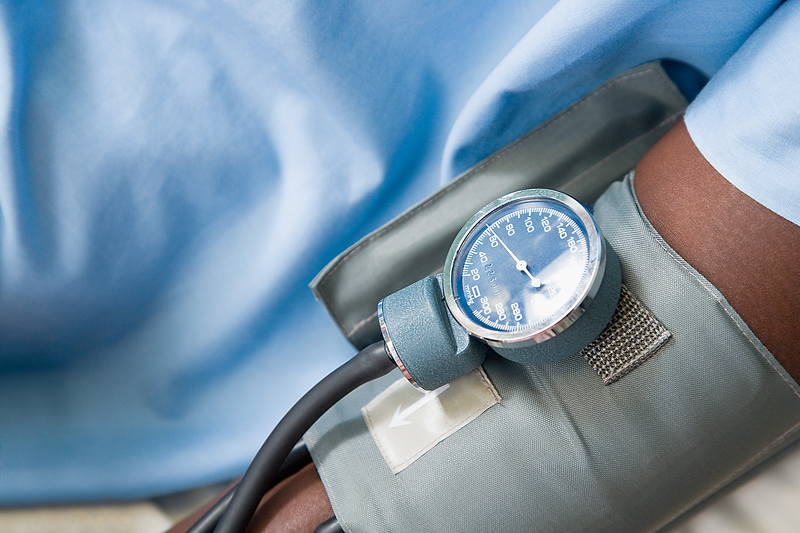
FRIDAY, Oct. 1 (HealthDay News) — A good night’s sleep when you’re pregnant may help keep your blood pressure levels normal, new research suggests.
Pregnant women who got less than six hours of nightly sleep during early pregnancy had systolic blood pressure readings in their last trimester that were nearly 4 mm/Hg higher than women who slept nine hours nightly, the study found. And women who got less than five hours of sleep increased their odds of developing preeclampsia — a serious pregnancy complication related to high blood pressure — more than ninefold.
On the other hand, getting too much sleep could also be a problem: women who reported sleeping more than 10 hours a night in their first trimester had more than a twofold increase in the risk of developing preeclampsia, according to the study published in the October issue of the journal Sleep.
“Women, in general, need about seven to nine hours of sleep during pregnancy, preferably nine hours. Getting less than that amount can have health affects,” said study author Michelle Williams, a professor of epidemiology and global health at the University of Washington, and co-director of the Center for Perinatal Studies at the Swedish Medical Center in Seattle.
“Women generally already know that they’re eating well and getting enough exercise for two during pregnancy. Our study suggests that women should also aspire to sleep well for two,” said Williams.
But, she added, because the current study is one of the first to show this association, its findings need to be confirmed by other researchers before any recommendations can be made.
The study included 1,272 healthy pregnant women who were recruited for the study during prenatal care visits to the Swedish Medical Center in Seattle between December 2003 and July 2006.
All the women reported information on their lifestyles and health characteristics, as well as sleeping habits, in an initial interview done around 14 weeks’ gestation. Blood pressure was measured periodically throughout pregnancy.
Sleep duration didn’t appear to have an effect on blood pressure levels in the first and second trimesters of pregnancy. However, during the third trimester, women who slept less than six hours a night had an average systolic (that’s the top number in a blood pressure reading) blood pressure that was 3.72 mm/Hg higher than women who slept nine hours. Even women who slept seven to eight hours a night had systolic blood pressure readings that were 2.43 mm/Hg higher than women who slept nine hours.
The study also found that systolic blood pressure was 4.21 mm/Hg higher in women who slept more than 10 hours each night.
To better assess what such differences in blood pressure might mean to pregnant women, the researchers also looked at the effect of sleep time on the risk of developing preeclampsia, which can have significant health consequences for both the mother and the baby.
The researchers found that women who slept less than five hours a night increased their odds of developing preeclampsia more than 9.5 times, and those who stayed in bed more than 10 hours had more than a twofold increased risk of preeclampsia.
Williams said the current study wasn’t designed to find the cause behind these associations, but that the researchers theorize that changes in the body’s circadian rhythm may occur when sleep habits change during pregnancy, and that these changes may cause hormonal changes that affect blood pressure levels.
“This is a very important study, but it’s just a beginning,” said Dr. Mary Rosser, an obstetrician and gynecologist at Montefiore Medical Center in New York City. Rosser said that there are numerous changes that occur during pregnancy that could affect blood pressure levels, such as the weight gain that’s typical during pregnancy. Even if weight alone doesn’t affect blood pressure levels, Rosser said that the extra weight could cause sleep apnea, which is known to raise blood pressure.
But, Rosser added, it’s definitely a good idea for women to get a good night’s sleep, although doing so often becomes difficult as a pregnancy progresses.
“Women often take care of other people, but pregnant women need to carve out time to rest, either at night or with naps during the day,” she said. Rosser also recommended avoiding caffeinated beverages altogether, and making sure you get enough water during the day. Women may also sleep better if they exercise during the day, she said.
More information
Learn more about high blood pressure during pregnancy from the March of Dimes.

